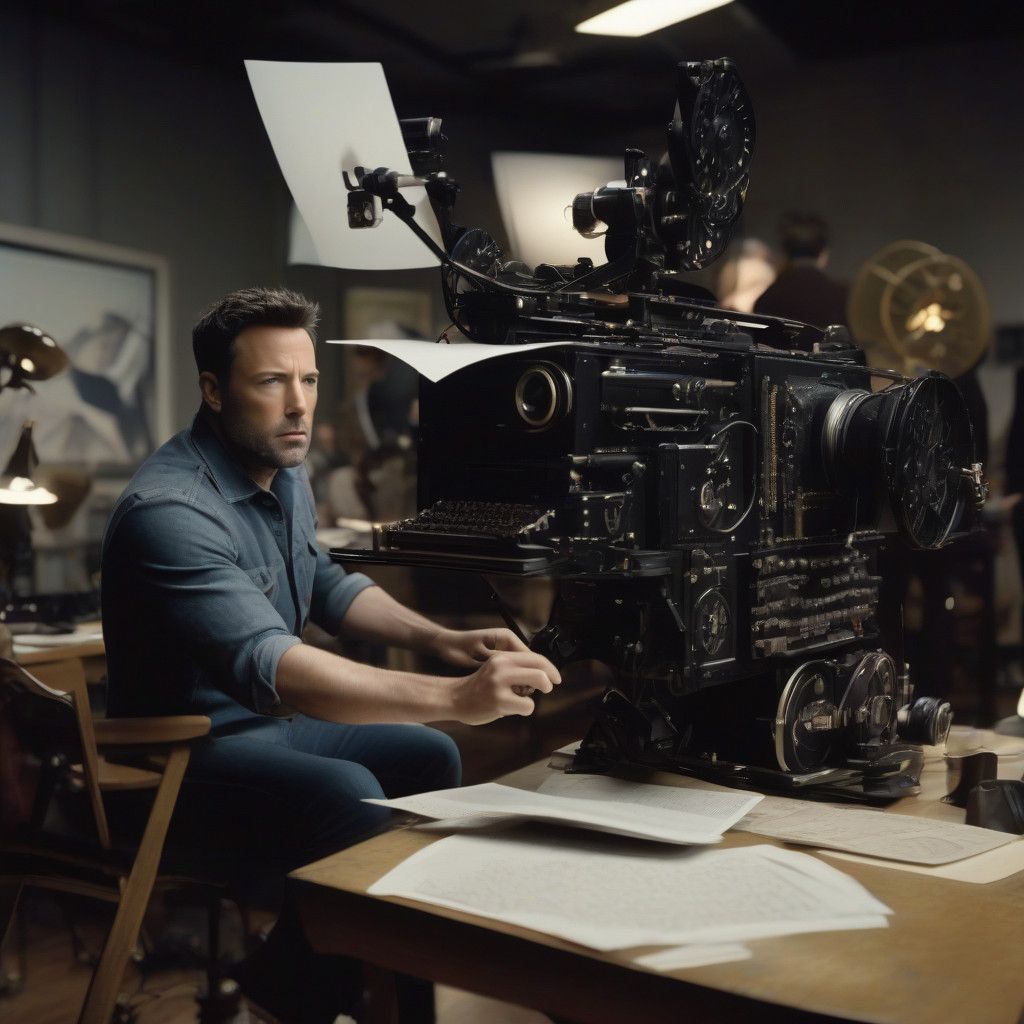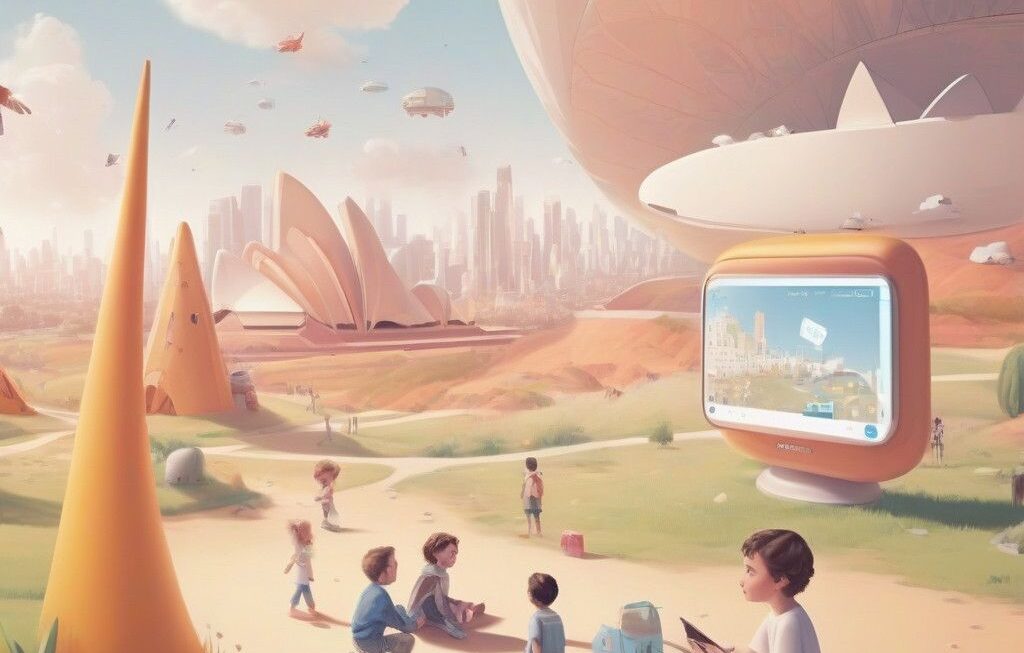In a recent discussion, actor and filmmaker Ben Affleck shared his perspective on the rapid advancement of artificial intelligence (AI) in the entertainment industry. His insights underline a recurring theme in Hollywood: while AI can facilitate certain aspects of filmmaking, it is unlikely to replace the essential creative roles of actors and screenwriters.
Affleck, who co-founded a film studio with fellow actor Matt Damon, addressed concerns over AI during an interview with CNBC. He emphasized that AI may mimic styles and techniques, but it fundamentally lacks the creativity and emotional depth that human storytellers possess. These unique qualities are crucial for crafting compelling narratives and performances that resonate with audiences.
Fears regarding the potential of AI to displace human talent have been prevalent in recent months, especially following strikes by Hollywood unions that highlighted job security concerns. Many professionals in the industry worry that AI’s growing capabilities could lead to a reduced demand for their skills. However, Affleck remains skeptical about the notion that AI could fully take over storytelling or performance. He believes that these realms are intrinsically human and cannot be adequately replicated by machines.
Despite his concerns about AI potentially disrupting certain sectors, notably visual effects, Affleck also sees opportunities for innovation. AI could enhance the creative process by streamlining specific tasks, allowing writers and directors to focus more on their artistic visions. For instance, AI can automate time-consuming processes like script formatting or even help develop story ideas based on established tropes and genres. These advancements could free creative professionals to invest more time in the elements that truly require human intuition and flair.
Affleck’s viewpoint reflects a broader trend among industry leaders who advocate for the collaborative potential of AI rather than viewing it as a threat. For example, numerous filmmakers are experimenting with AI tools to enhance visual storytelling or analyze audience preferences without relinquishing their creative authority. By integrating AI responsibly, creators can harness its capabilities to enrich their work rather than diminish the significance of human input.
Real-world applications of AI in film have already emerged, with projects utilizing machine learning algorithms to analyze vast amounts of data from previous films to predict what elements might resonate with audiences. While this data-driven approach can assist in decision-making, it does not replace the need for skilled writers and actors who can breathe life into characters and scripts.
The conversation around AI’s role continues to evolve, and it is evident that the film industry must find a balance where technology augments creative endeavors without overshadowing them. Ben Affleck’s insights reinforce the importance of preserving the artistry at the core of filmmaking, emphasizing that storytelling flourishes best when human talent is at the helm.
As the landscape around technology and creativity develops, one thing remains clear: the heart of film lies in human connection, which AI simply cannot replicate. By focusing on collaboration instead of competition, the film industry can embrace the future of AI while continuing to celebrate and uphold the invaluable contributions of actors and screenwriters.












